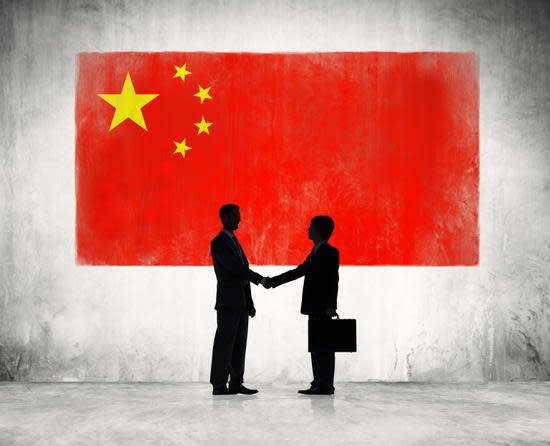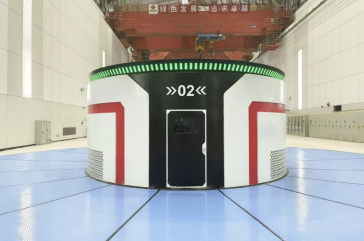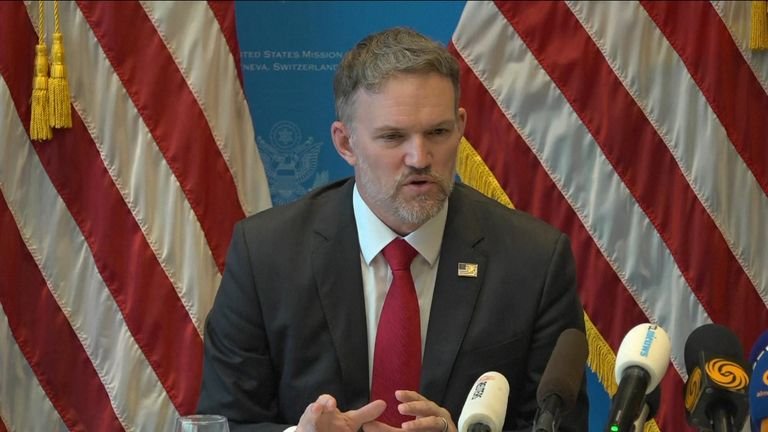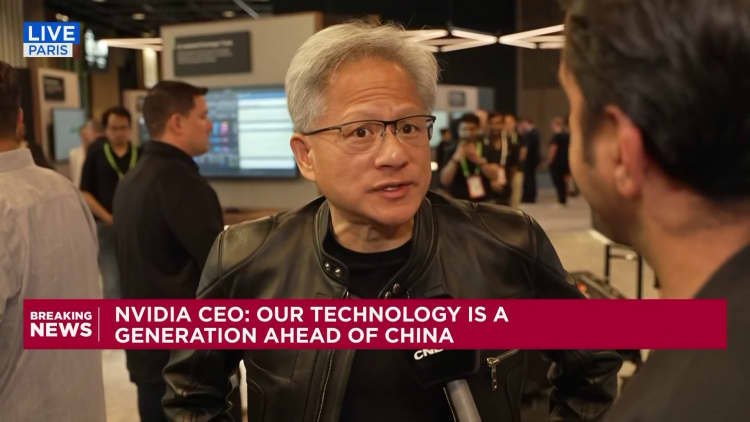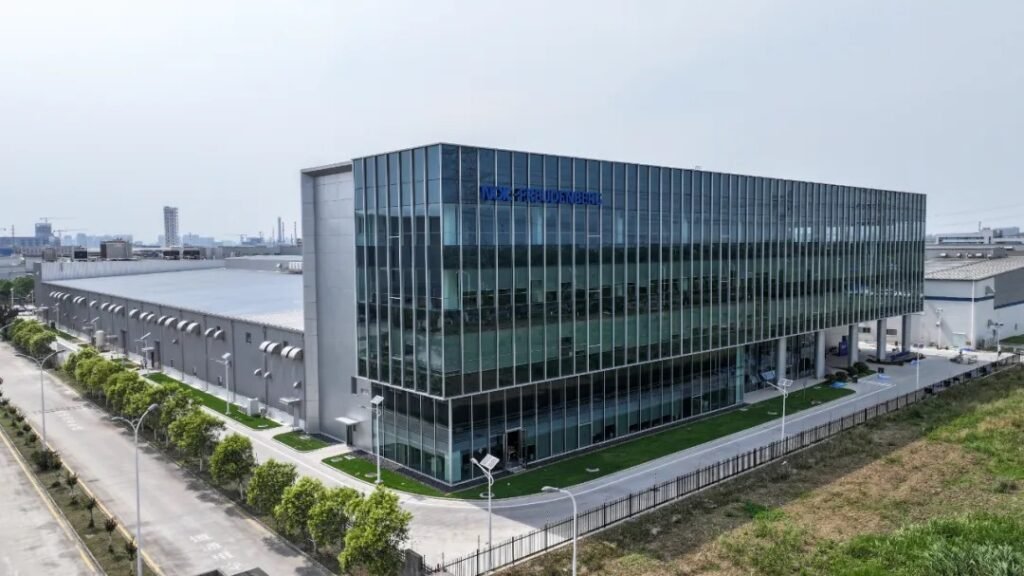The U.S. will keep high tariffs on Chinese goods, President Donald Trump said Wednesday morning, touting a preliminary trade agreement that he and his Chinese counterpart, Xi Jinping, will need to approve.
China will supply rare earth minerals and magnets “up front,” Trump said in a post on his Truth Social platform, although he didn’t clarify the exact terms. Trump also said “we are getting a total of 55% of tariffs, China is getting 10%” without explaining further.
A White House official told NBC News that the 55% figure isn’t new, as it reflects the 30% tariffs Trump has implemented this year in addition to pre-existing duties totaling 25%.
The president’s announcement came the morning after top-level U.S. and Chinese officials wrapped up two days of negotiations in London that were meant to get a trade truce, originally brokered in Geneva last month, back on track.
Trump’s post also went further than what Commerce Secretary Howard Lutnick, one of the top U.S. negotiators in London, said about the outcome of the negotiations.
“We have reached a framework to implement the Geneva consensus and the call between the two presidents,” Lutnick told reporters Tuesday night. “I think we have the two largest economies in the world have reached a handshake for a framework.”
Trump added in a later Truth Social post that “President XI and I are going to work closely together to open up China to American Trade.” The American negotiators on Tuesday night did not announce any major modifications to Chinese market access for U.S. companies after the conclusion of talks.
Additionally, U.S. Trade Representative Jamieson Greer said there were no further meetings planned with Chinese officials. Lutnick and Greer did not commit to releasing the “framework” agreed upon in London either.
Chinese officials, likewise, said the two sides agreed in principle on a consensus regarding the Geneva agreement but did not provide any specific details.
The talks in London occurred after the U.S. and China accused each other of breaching a pact reached in early May, which led to both countries lowering tariffs by 115%. Part of that agreement was easing export restrictions on rare earth minerals and metals that are critical for everyday products such as batteries and automobile production.
The U.S. repeatedly said that China was lifting those restrictions more slowly than it expected. “They were kind of releasing them, but it was going a lot slower than some companies believed was optimal,” National Economic Council director Kevin Hassett said on Monday before the trade talks.
China dominates the global supply of critical rare earth minerals, accounting for more than 70% of the mining and 90% of the refining of the materials.
China had also opposed U.S. export controls on student visas and high-end computer chips and design programs used for artificial intelligence software. China also pushed back against potential tariffs on jet engines, after earlier returning a Boeing 737 in protest.
China’s Vice Premier He Lifeng, who participated in the London talks, said on state TV Wednesday before Trump’s posts, that the U.S. should abide by the “hard-won” agreement. China said the U.S. should “show the spirit of good faith.”
This is a developing story. Please check back for updates.




